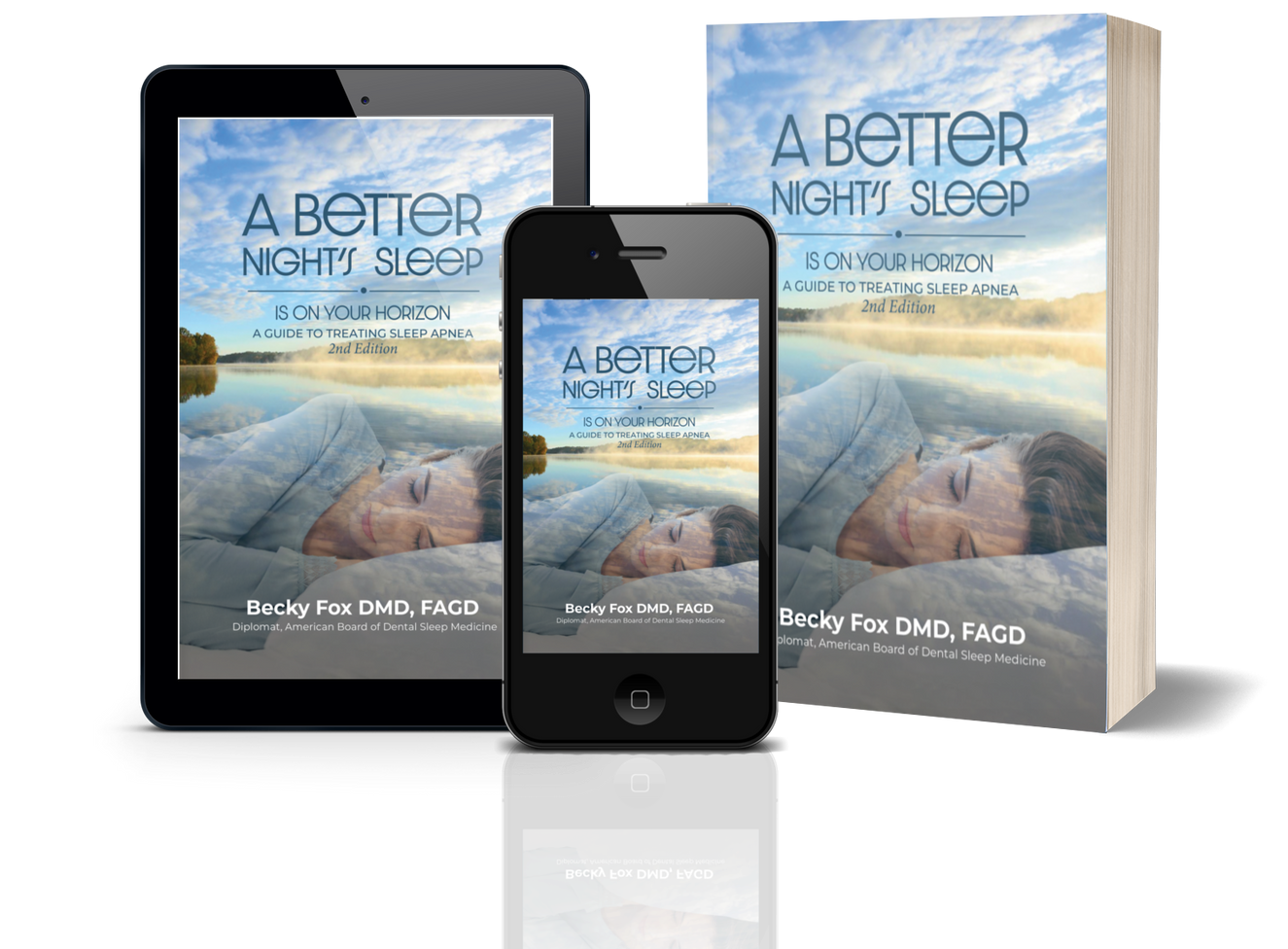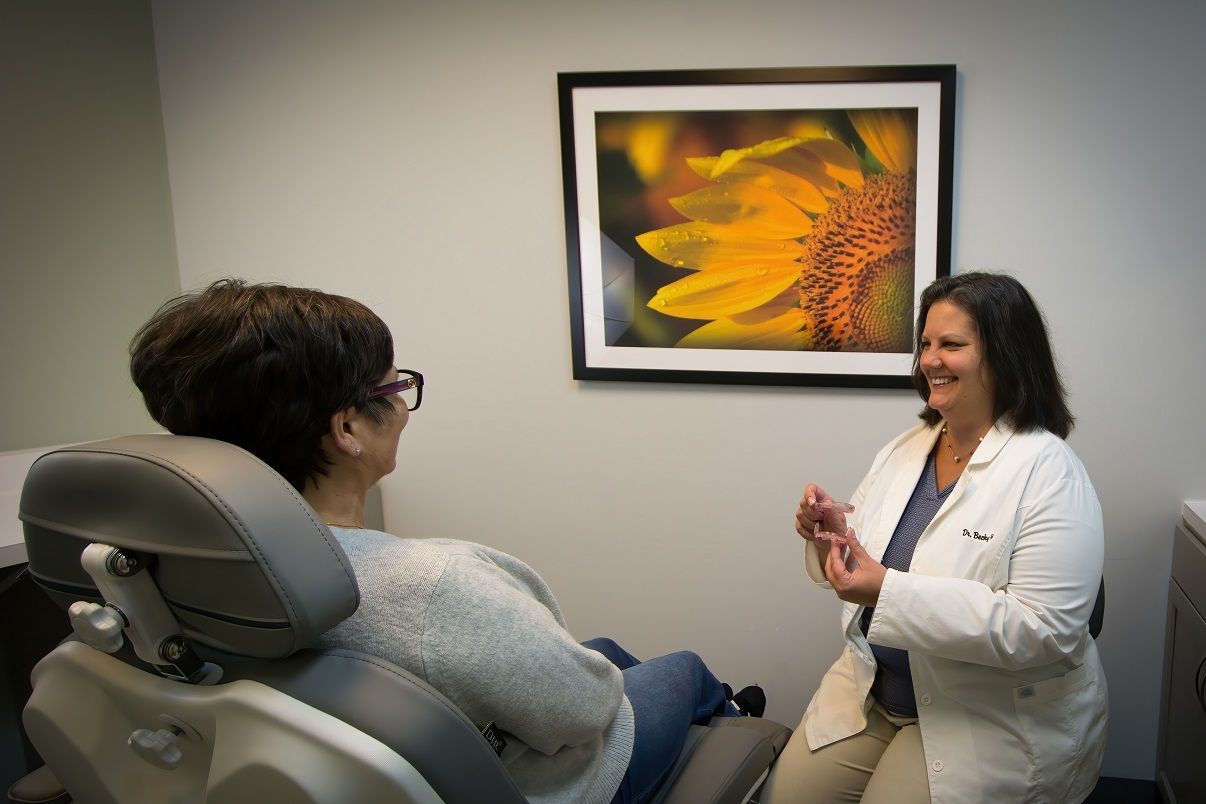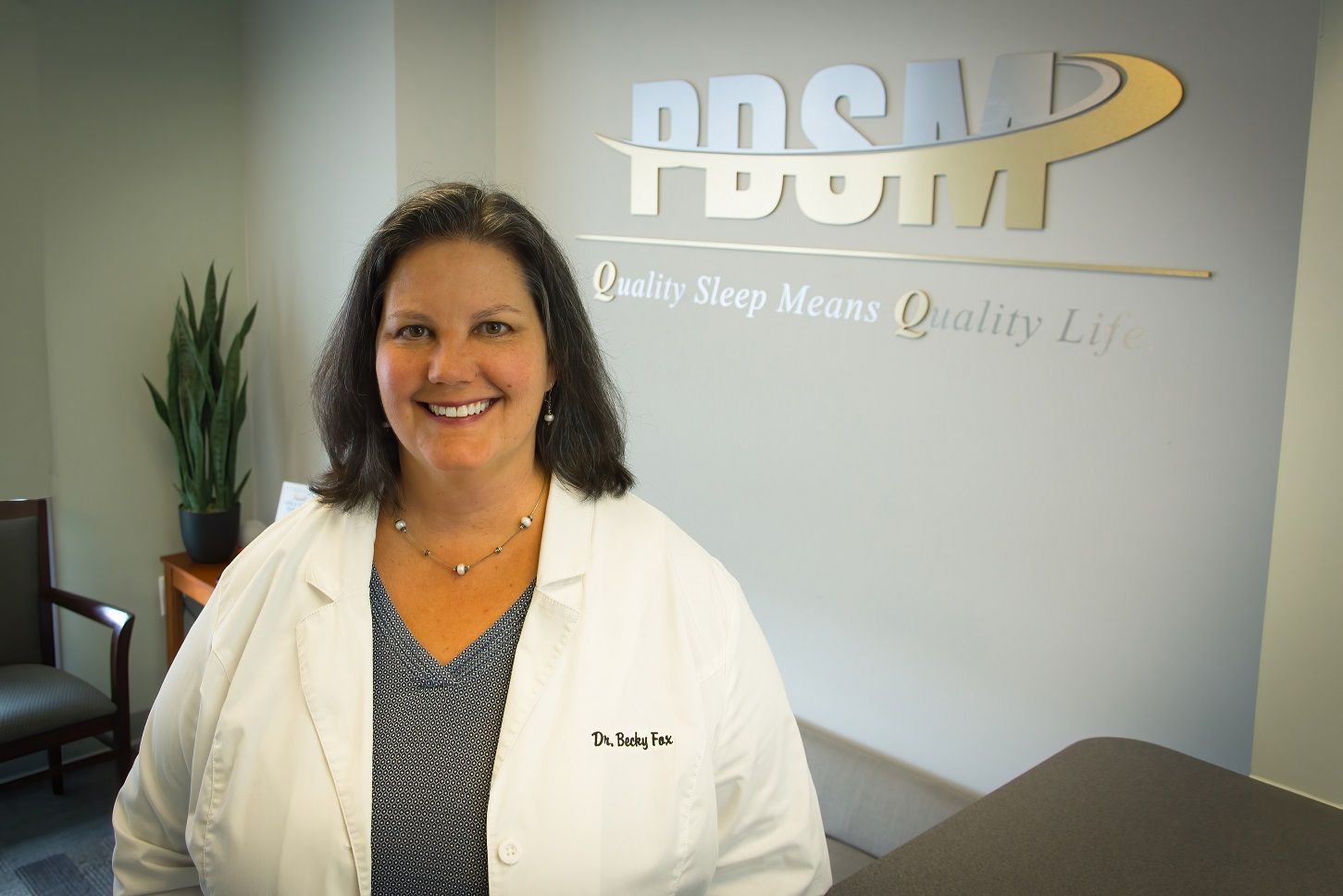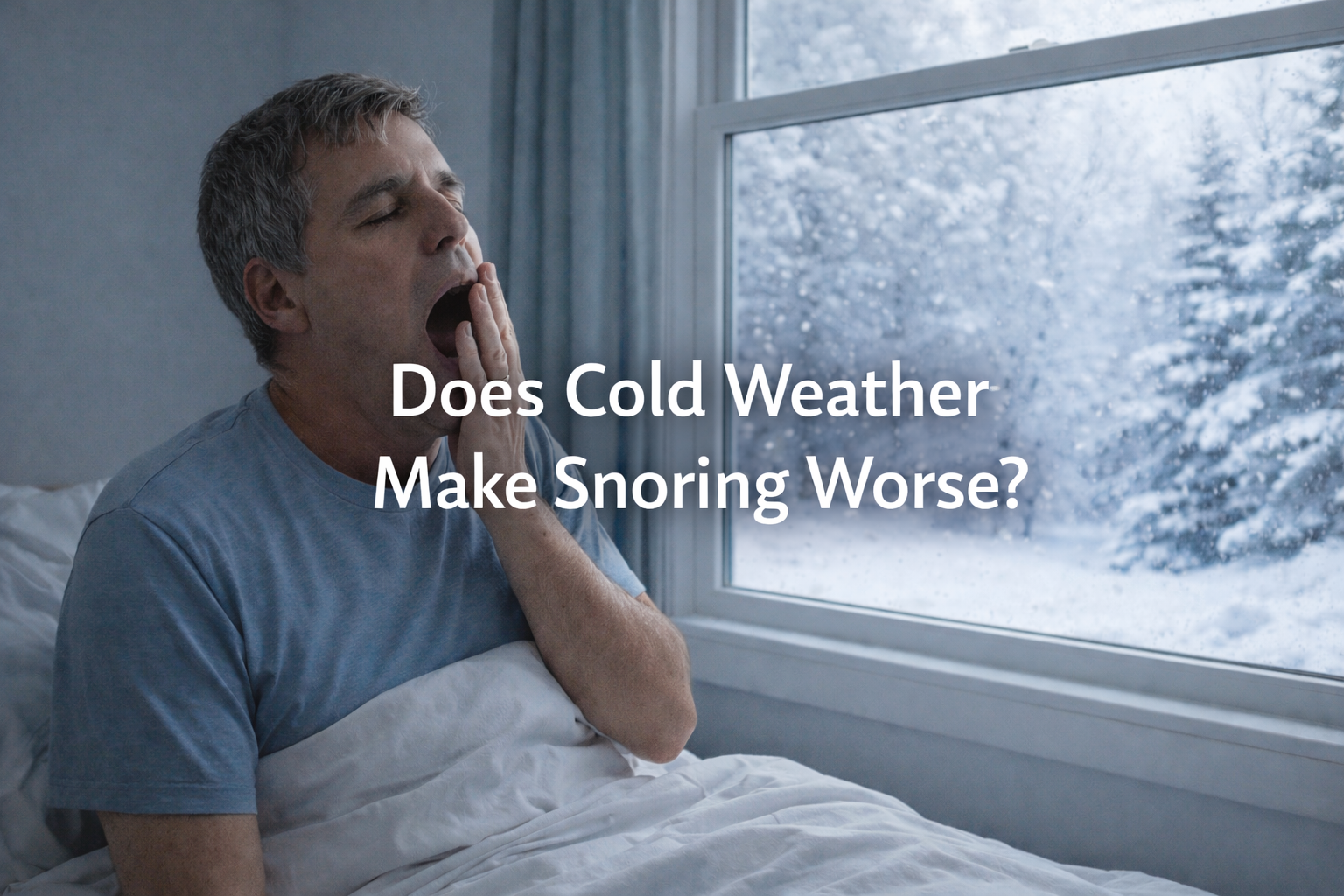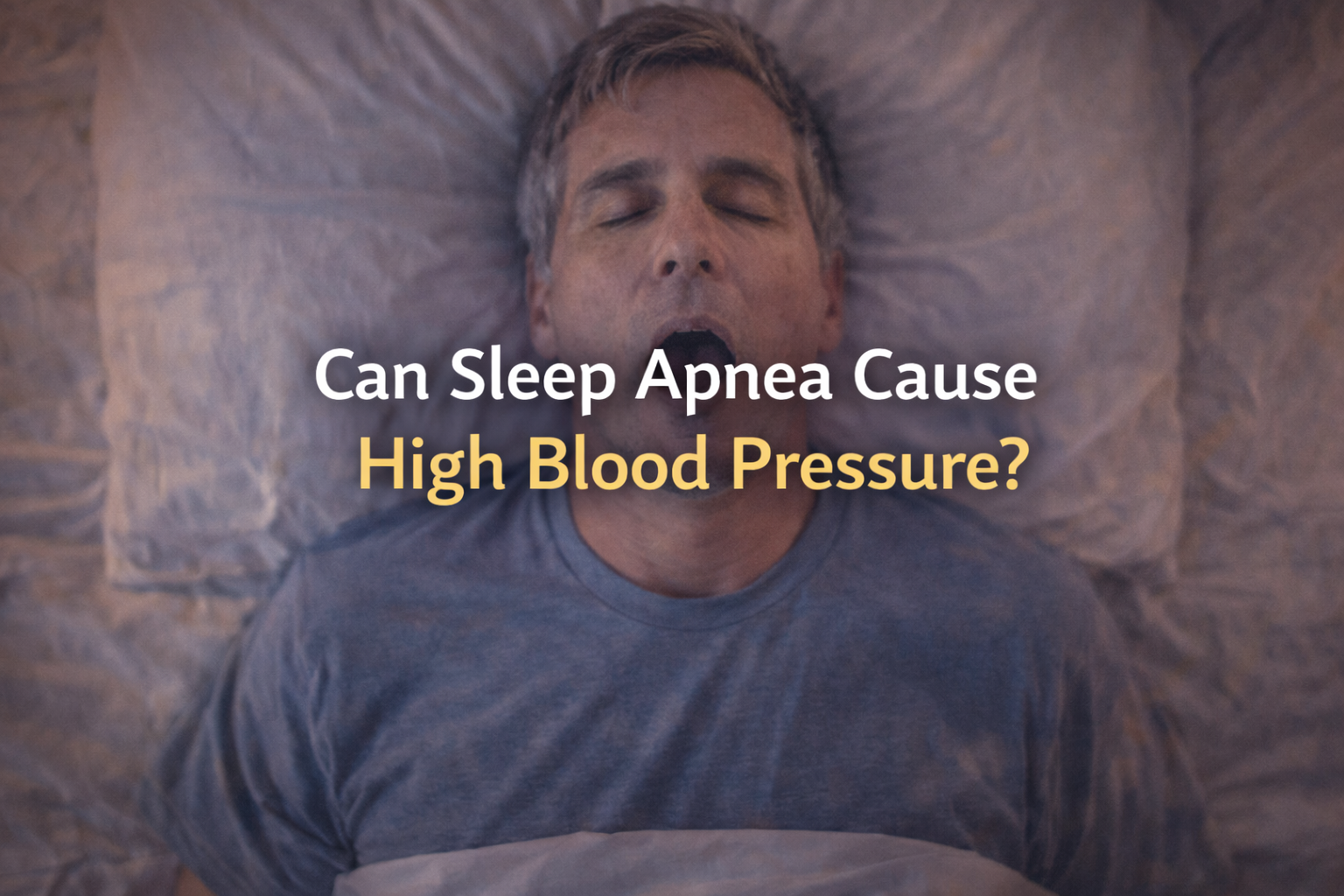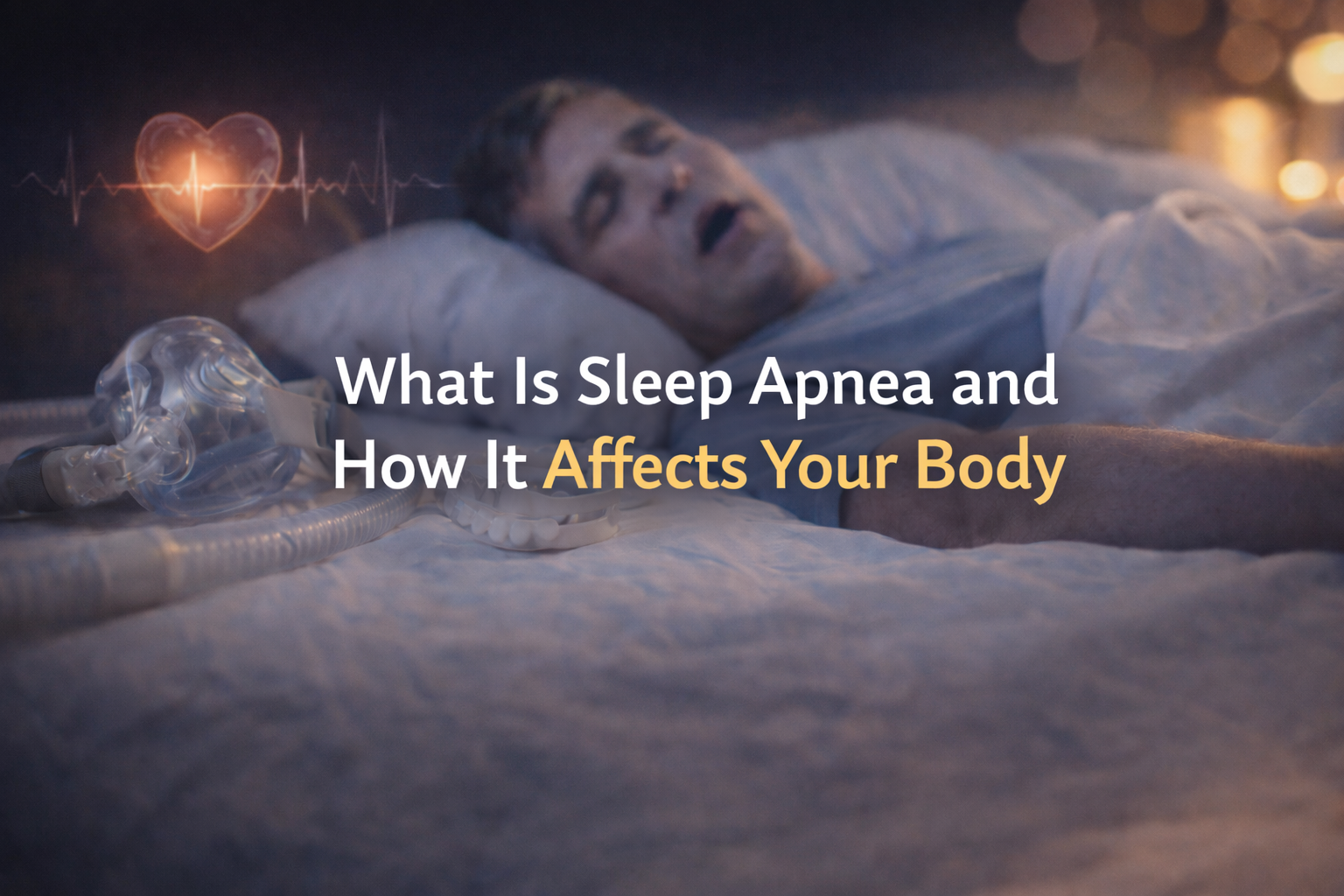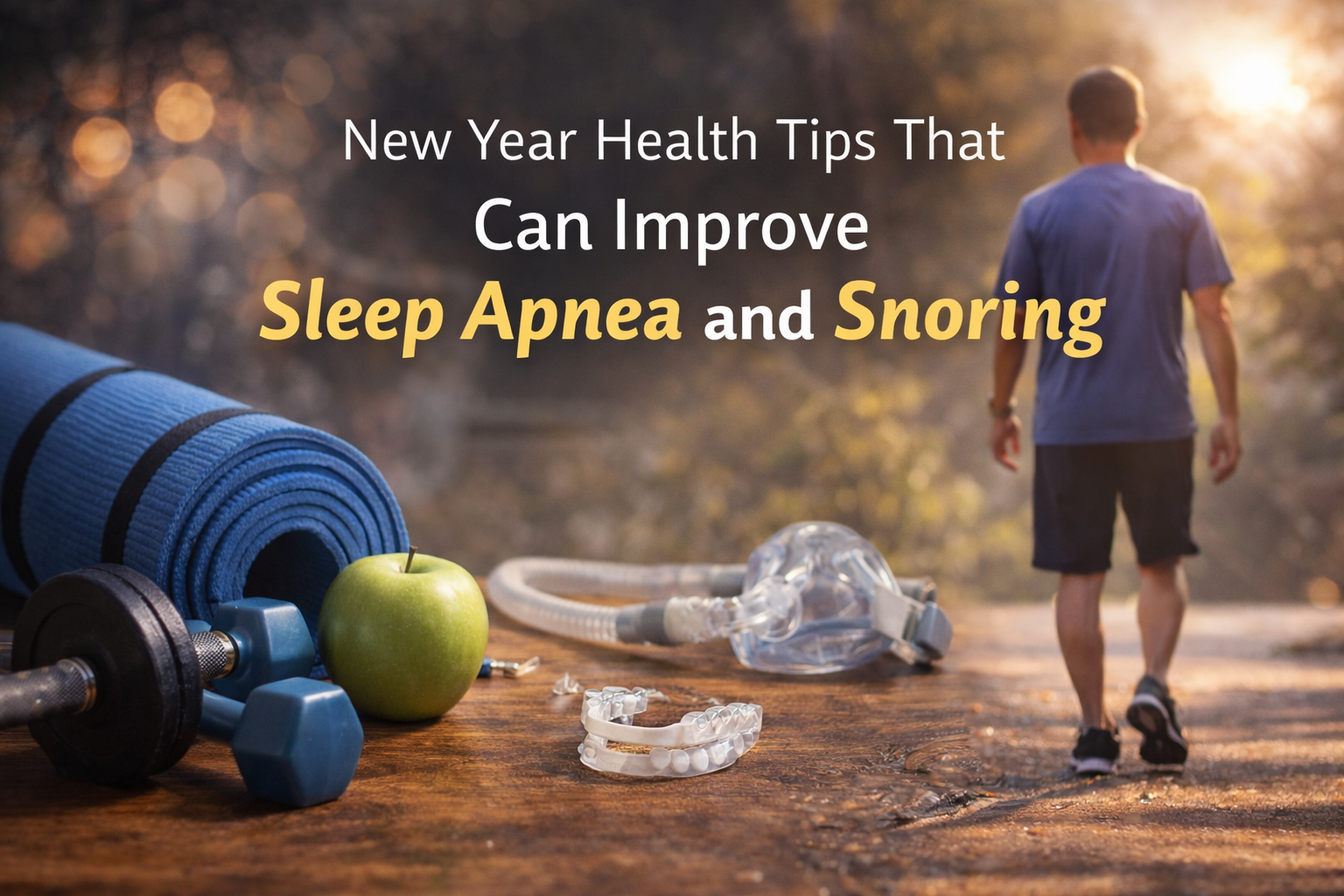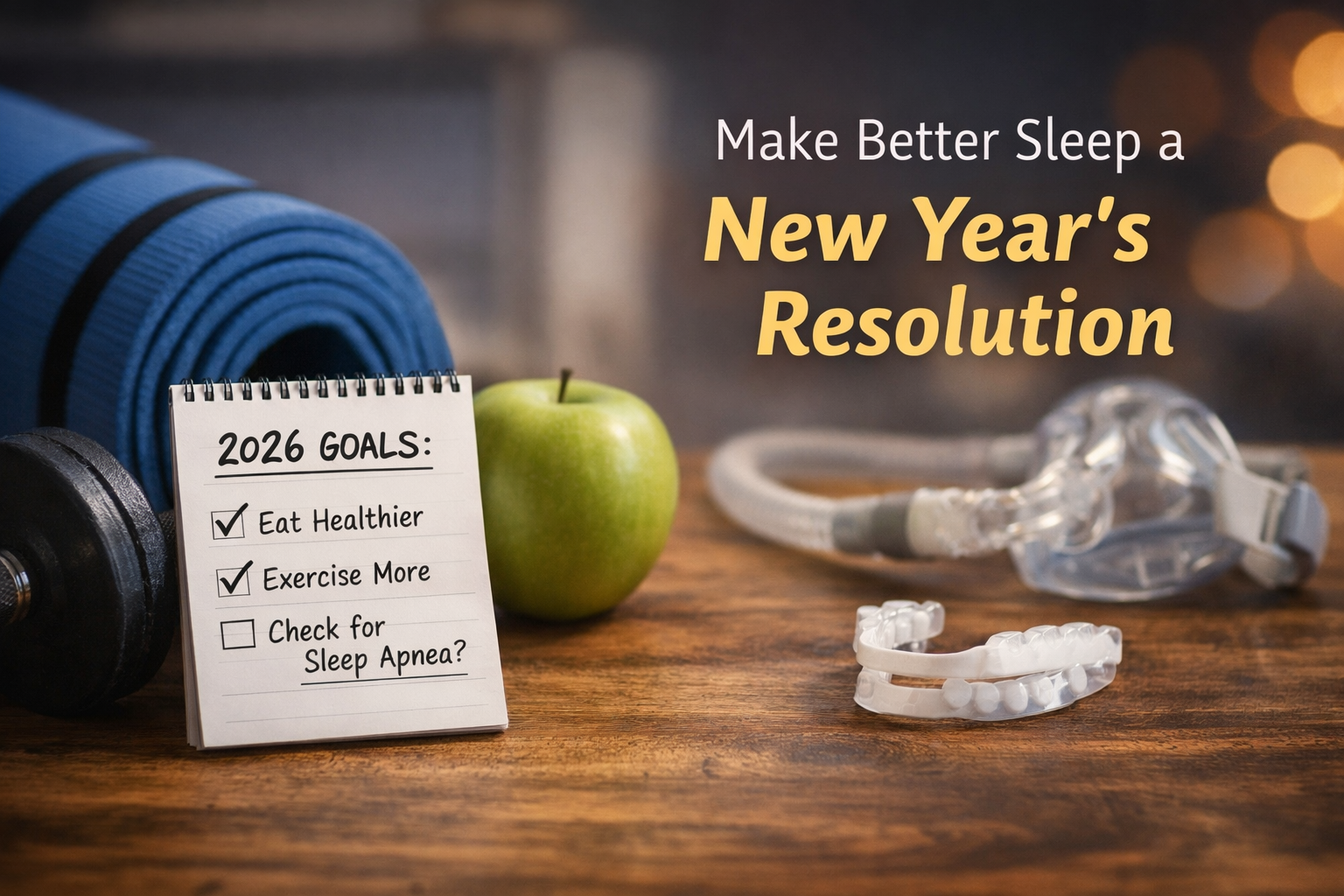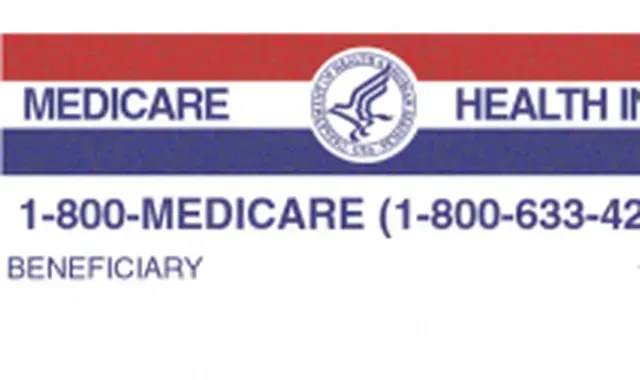QUALITY SLEEP STARTS HERE.
Helping Pennsylvania sleep better for over 25 years. The best sleep apnea, snoring, and TMJ solutions provided by diplomates of the American Board of Dental Sleep Medicine.
You're In The Right Place. We Can Help.

Helping our patients improve their quality of life through non-invasive Sleep Apnea treatment options. Get snoring and Sleep Apnea solutions in Harrisburg, PA.

Snoring has been shown to increase the risk of heart attack and stroke. Don't ignore the snore anymore! Find snoring solutions in Harrisburg, PA.

Can't tolerate your CPAP? It's okay! While CPAP is the gold standard, there are other effective options for treating snoring and Sleep Apnea. Get CPAP alternatives in Harrisburg, PA.
ABOUT PDSM
Pennsylvania Dental Sleep Medicine
After 25 years of practicing general dentistry, Dr. Becky Fox is proud to open a new practice, Pennsylvania Dental Sleep Medicine in Harrisburg, PA, an affiliate of Pittsburgh Dental Sleep Medicine (PDSM). With PDSM, she will offer services in the area of dental sleep medicine, providing treatment for snoring, sleep apnea, and teeth grinding in Central Pennsylvania. She is the former owner of Fox Dental in Lemoyne, PA and for 18 years enjoyed caring for families with their general dental needs before focusing her practice on dental sleep medicine.
Blog Articles
Contact Us
Contact Us
4813 Jonestown Road, Suite 104
Harrisburg, PA 17109
Mon-Thu: 8:00 AM - 5:00 PM
Fri-Sun: Closed
Insurances
We accept most insurance providers. If you have specific questions regarding your coverage, please contact us for additional information.


